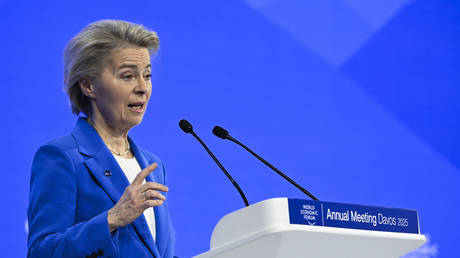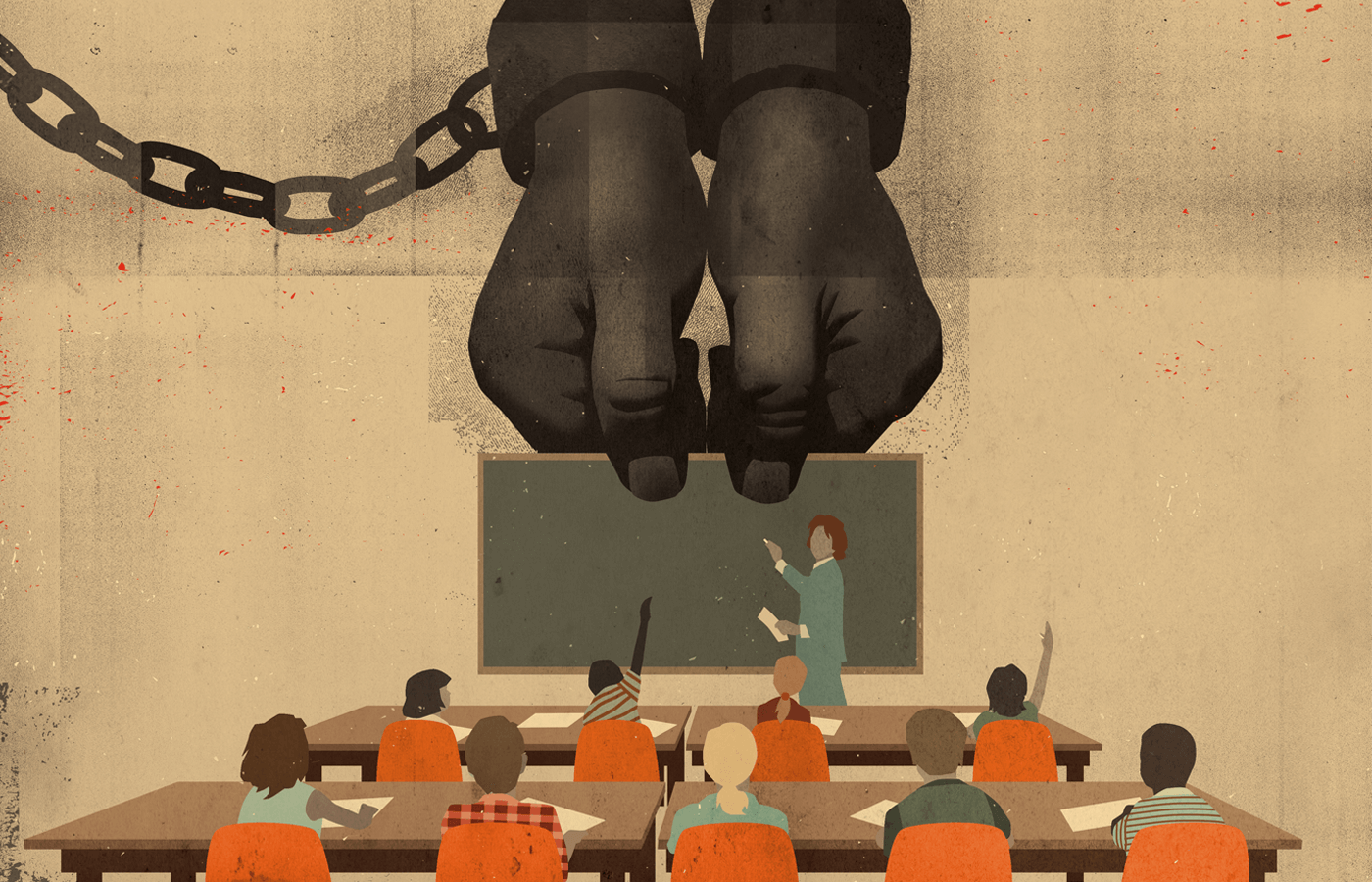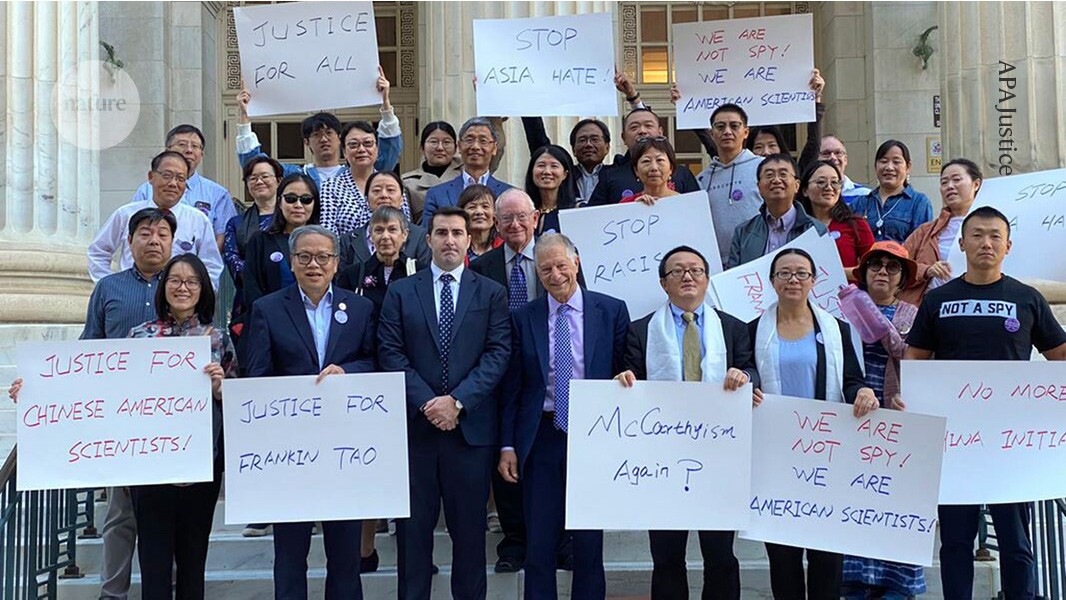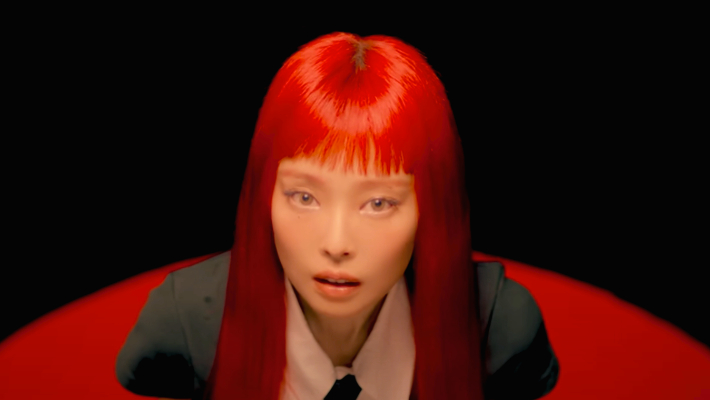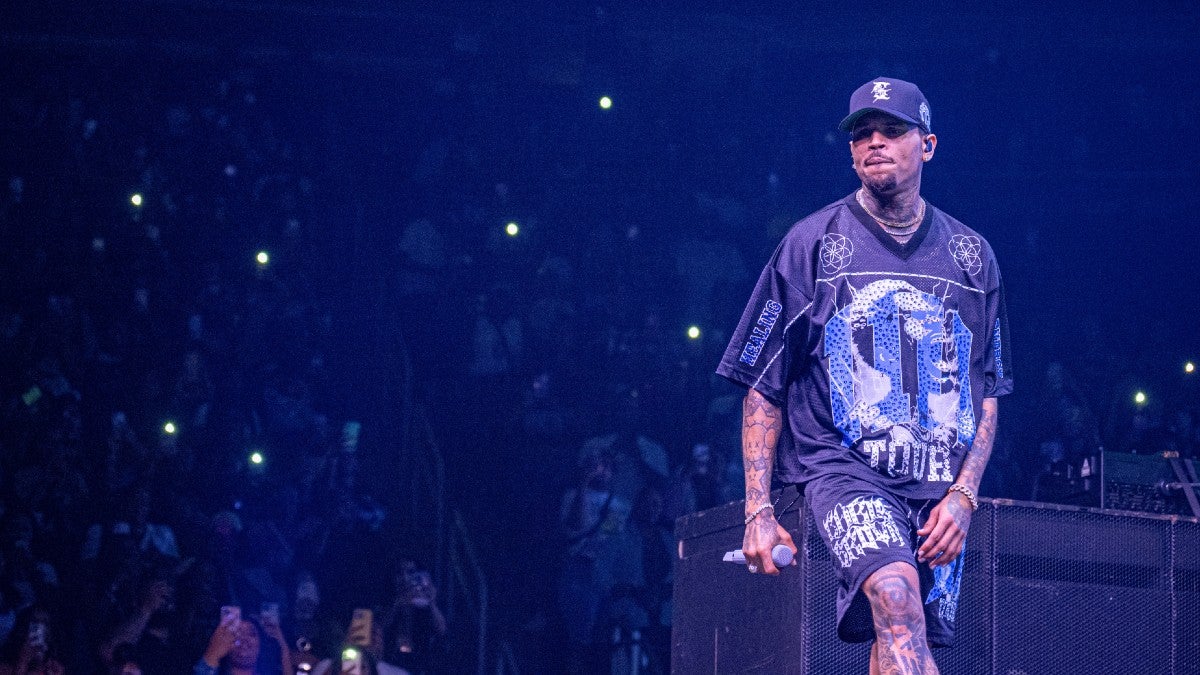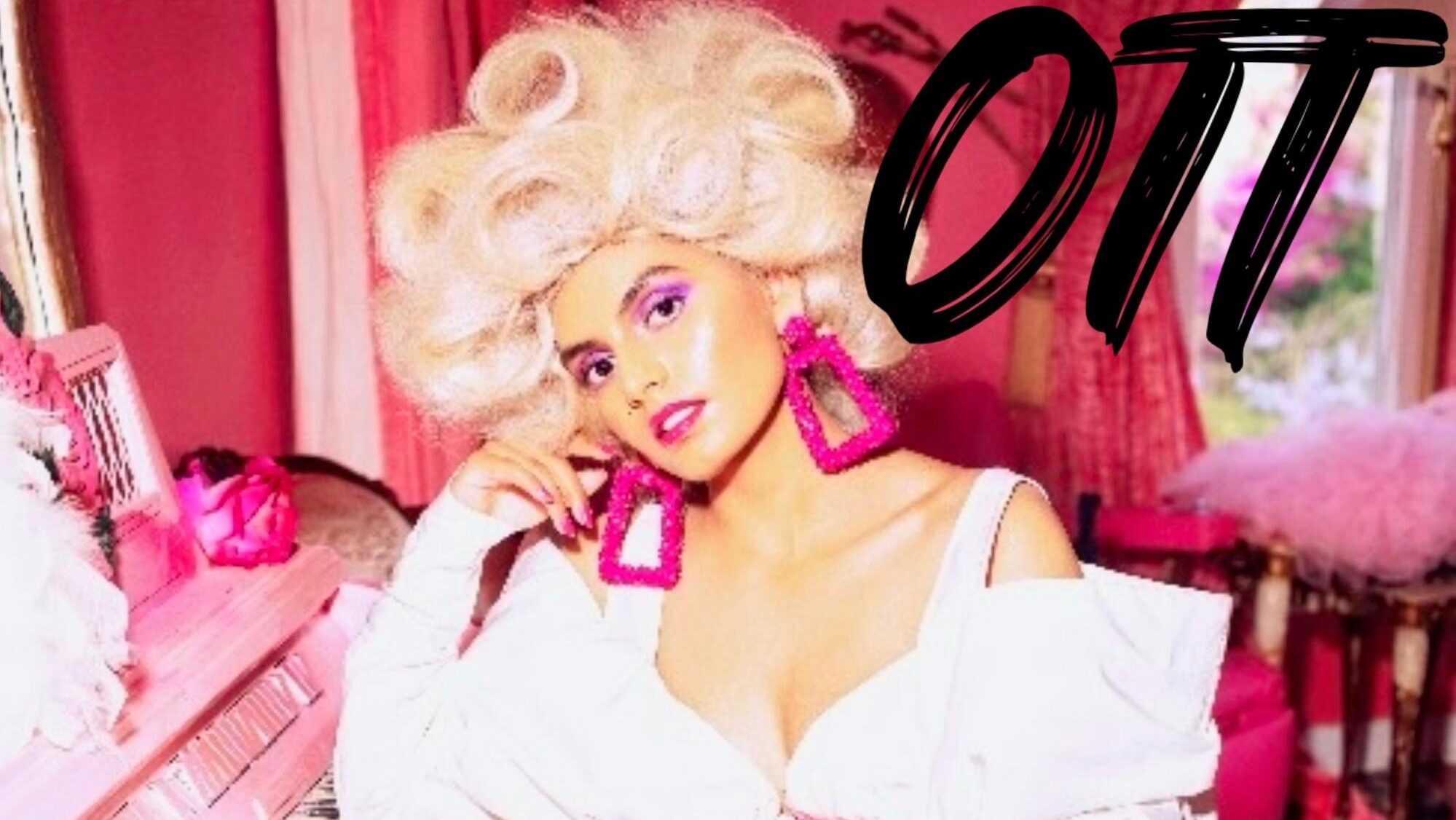Best of 2024: The Queer Horror That Shaped An Uncertain Year
Horror has always been queer, reclaimed in recent years by countless LGBTQ+ writers and directors, and 2024 proved to be a banner year. From mainstream commercial successes to indie gems, the genre flourished over the past 12 months – with numerous queer-focused horror bringing in the big bucks and stirring up conversation online. When it […] The post Best of 2024: The Queer Horror That Shaped An Uncertain Year appeared first on Bloody Disgusting!.

Horror has always been queer, reclaimed in recent years by countless LGBTQ+ writers and directors, and 2024 proved to be a banner year. From mainstream commercial successes to indie gems, the genre flourished over the past 12 months – with numerous queer-focused horror bringing in the big bucks and stirring up conversation online. When it comes to the socio-political landscape these days, we need more diverse voices than ever.
In our breakdown, we look at 10 titles that caused the most brouhaha in the theaters and through online discourse. There are even a few that might have flown under your radar, yet still offered stories and perspectives resonant and relevant to today.

I Saw the TV Glow
The film that best encompasses the angst and uncertainty of identity is Jane Schoenbrun’s I Saw the TV Glow. Rightfully acclaimed, the feature follows Owen (Justice Smith) as he reckons with himself and deep-seated anxieties about coming out. His love for The Pink Opaque, a TV show introduced to him by Maddy (Brigette Lundy-Paine), who becomes a lifeline for him. Through their shared obsession, they grow closer and more intimate. While dissecting identity, the writer/director explores nostalgia and its effects on our lives.
Schoenbrun uses Owen’s struggle to capture the experience of so many queer youth. Regardless of background and social standing, coming out is never an easy threshold to cross. What transmits through the screen is a relentlessly emotional and agonizing portrayal of one young person’s attempt to accept themselves and find the light at the end of the tunnel. Decades from now, I Saw the TV Glow will be discussed as a pivotal moment in queer cinema.

Love Lies Bleeding
Rose Glass veers away from straight religious horror (Saint Maud) for an erotic thriller. Love Lies Bleeding might not adhere to the typical genre structure or conventions, yet there’s plenty to ruminate on and keep you hooked. Kristen Stewart stars as Lou, a gym manager, who falls in love with Jackie (Katy O’Brian), a bodybuilder. While Jackie has ambitions of going to Las Vegas and making it big, she’s pulled into murder by Lou’s criminal family. Her dreams dashed, the film takes a hard left turn in the finale, leading to quite the climax.
With strong performances from Stewart and O’Brian, Glass unfurls a dark, dangerous tale of two lovers becoming inextricably tied. What is most interesting is the messiness of queer relationships taking center stage – the friction between characters allows for an intense give and take of emotions. Each harbors their own intentions, allowing for investment by the audience. Love Lies Bleeding might vault into absurd territory by the credits, but there’s no denying it as a vital piece of queer cinema.

Cuckoo
Cuckoo is perhaps the most low-key queer film on this list. Director Tilman Singer invites the viewer into an outrageous premise that follows Gretchen (Hunter Schafer) after she moves to the German Alps. While there, she begins having frightening visions and hears strange noises. She takes up a post as a clerk at a nearby resort, where she meets a young woman named Ed (Àstrid Bergès-Frisbey) checking into the hotel one evening. The two strike up a quick infatuation, which leads Gretchen to steal money from the hotel and run away with her new lover.
But the two don’t get very far. Gretchen can’t seem to leave the mountain, pulled back into its web by some unseen force. While the relationship is just a blip, it still leaves a mark on Gretchen and her story. Her realization that perhaps fate has a hand in keeping her there shakes her down to the core. Their car crash leaves Gretchen confined to the resort, where she figures out exactly what’s going on with the hooded lady. Cuckoo might not feature much queerness, but it still remains one of the year’s best.

Femme
Billed as a thriller, Femme more than earns its place on this list. Co-directed by Sam H. Freeman and Ng Choon Ping in their feature debut, the film tells the dark tale about Jules (Nathan Stewart-Jarrett), who’s viciously attacked by Preston (George MacKay) and his gang of cohorts. Three months later, Jules struggles to overcome the assault and has even given up drag performance. He’s wilted from who he used to be, and nothing can seem to make it okay.
When he encounters Preston again, the pair strike up a dangerously toxic physical relationship. Their dynamic – an openly gay man and a closeted, self-loathing gay man – allows for a poignant, and ultimately tragic, discussion about revenge, violence, and accountability. With electrifying performances and great attention to nuance, Femme captures the complicated nature of coming out, self-hatred, and what it means to let someone else in.

Slay
Slay arrived on Tubi with very little fanfare in March 2024, but has slowly and surely cultivated a cult following online. With its incisive glimpse into small-minded bigots, dressed up as a vampire story, the film suggests self-expression and community remain the best tools to combat hate. Through a wonderfully campy performance of Cardi B and Megan Thee Stallion’s “WAP,” a troupe of drag queens – Mama Sue Flay (Trinity the Tuck), Olive Wood (Cara Melle), Robin Banks (Heidi N Closest), and Bella Da Boys (Crystal Methyd) – teardown homophobia brick by brick.
When a horde of vampires shows up, the group – which also includes hilarious local Sheila (Robyn Scott) – must set aside their differences and fight for their lives. Writer/director Jem Garrard shows the power of being yourself through bar owner Rusty’s (Neil Sandilands) emotional transformation. The abrasive and scruffy Travis (Daniel Janks) also learns to accept the LGBTQ+ as valuable human beings. Slay bottles up today’s climate (pronouns included) and presents an important conversation about the nature of individuality and how we treat others.

Carnage for Christmas
There are no up-and-coming filmmakers that have the output of Alice Maio Mackay. Coming off such critical successes as So Vam and T-Blockers, she tackles the slasher genre with Carnage for Christmas, a slasher that more than lives up to its name. Popular podcaster Lola (Jeremy Moineau) returns home for the holidays only to find that a killer has risen again to kill. It’s the first time Lola has been home since she left town and transitioned, so Mackay supplies plenty of emotional friction between the characters to add dimension. In doing so, she depicts a poignant tale about one young woman’s struggle to confront her past.
Carnage for Christmas stands in stark contrast to Mackay’s previous work but remains nonetheless as powerful as anything she’s done to date. While it certainly allows for plenty of holiday-tinged murder and violence, the thematic underpinnings provoke important conversations about family and identity.

Lowlifes
This Tubi original is the year’s biggest surprise. Lowlifes, co-directed by Mitch Oliver and Tesh Guttikonda, takes what you think you know and flips it on its head. What starts as a lovely family road trip across the country twists into something else entirely. Amanda Fix plays Amy, a jaded teenager looking for a connection through her phone. When Amy and her family are forced to spend the night in a secluded homestead, Amy hooks up with one of the daughters. But as the family excursion takes a hard left turn, her will to survive is tested.
The film excels in keeping its cards close to the vest, only revealing the truth part-way through and flooring the audience. Lowlifes might not engage in any socio-political commentary like many other entries on this list, but sometimes, all you need is a good time to get you by.

Ganymede
Co-directed by Sam Probst and Colby Holt, Ganymede addresses religious extremism, trauma, and sexuality. Much like many similarly themed films, Probst and Holt’s offering explores the damage fanaticism does to one’s mental and emotional states. Lee Fletcher (Jordan Doww) comes from an incredibly religious home, where the Bible and its flawed teachings have been hammered into his brain. When he develops a crush on an openly gay classmate, his feelings throw a wrench into his reconciliation with his faith. When is parents discover the truth, they force him to seek guidance from their local pastor, who forces him to undergo severe physical punishment.
There’s no better time to have a film like Ganymede. During a time when religious texts are weaponized against the marginalized, particularly the trans community, it becomes crucial to understand the enemy and combat the hate spewing from alt-right mouthpieces. The house might be burning, but we have queer voices like Probst and Holt daring to speak truth to power.

Departing Seniors
Clare Cooney delivers one of the all-time best friendships in horror. In Departing Seniors, a campy slasher with tremendous heart, Javier (Ignacio Diaz-Silverio) and Bianca (Ireon Roach) raise the bar on what makes great relationships. Their loyalty to one another is intoxicating, lending weight to the otherwise fluffy fare. As Javier contends with a group of bullies, one of which is his low-key lover, a masked killer starts stalking and killing those around him.
Departing Seniors offers up a good time, wrapped up tightly in a generational trauma package. Is matching violence for violence the answer? What if the antagonists never get their comeuppance otherwise? The film asks and answers these questions, causing the audience to reflect upon their own lives.

Hauntology
You might not know Parker Brennon’s name yet, but you will soon enough. Their new anthology film Hauntology, which features Nancy Kyes’ big horror comeback, feels ripped from Are You Afraid of the Dark? (a compliment) and finds Brennon commanding attention with every single segment. “Paint and Black Lace” and “The Old Dark Cashel House” demonstrate the filmmaker’s strengths as a horror storyteller.
What’s even more, Brennon delivers a diverse cast and stories. As we watch countless corporations rolling back their DEI initiatives, we can depend on horror movies to at least aim for diverse talent in front of and behind the camera. Hauntology is a testament to that.
The post Best of 2024: The Queer Horror That Shaped An Uncertain Year appeared first on Bloody Disgusting!.
What's Your Reaction?










